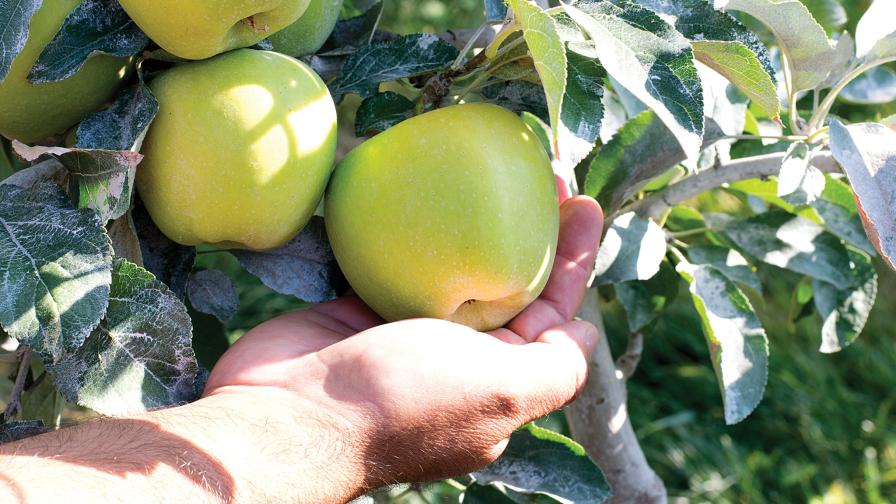Call For Halt To Antibiotics On Apples, Pears
Consumers Union, the policy arm of Consumer Reports, Food & Water Watch, and the Center for Food Safety are urging the National Organic Standards Board (NOSB) to discontinue the use of antibiotics in organic apple and pear production, citing the potential undermining of the integrity of the organic label and threats to public health and consumer expectations. The NOSB — which meets in Portland, OR, this week — will vote on a petition to extend the use of oxytetracyline beyond the existing expiration date of Oct. 21, 2014.
New data from a poll commissioned by Consumer Reports confirms that most consumers do not know that the USDA organic label can be found on foods produced with antibiotics and don’t believe they should be allowed to carry that label if antibiotics were used. Specifically:
• When asked whether antibiotics are used to treat disease in apple and pear trees, two-thirds (68%) of people said they don’t know, 17% said they don’t think they are, and 15% said that antibiotics are used.
• When told that apple and pear trees can be sprayed with antibiotics to treat disease and then asked whether fruit from these trees should be allowed to have an “organic” label, more than half — 54% — said they don’t think they should be labeled as organic. Only 11% thought they should be labeled as organic, and slightly more than one-third (35%) answered that they don’t know if they should be labeled organic.
Some organic apple and pear producers use oxytetracycline and another antibiotic, streptomycin, to manage fire blight. Antibiotics are not allowed in other types of organic food, including production of organic livestock.
The groups submitted more than 35,000 public comments to the NOSB in advance of their meeting, raising concerns about consumer expectations and the mounting evidence that the public health threat posed by antibiotic resistant bacteria make it critical that all uses of antibiotics in food production be minimized.
The use of antibiotics is allowed for organic apple and pear production through a petition process to the NOSB, which has already extended the deadlines for this several times since the organic label was implemented in 2002. Despite these extensions, there has been limited help for apple and pear growers to find alternative treatments for fire blight, although some alternatives do exist.
For example, U.S. farmers do not apply antibiotics to the organic apples and pears they sell to Europe, where the use of antibiotics is not allowed. The groups urge the USDA to work with the organic apple and pear industry to encourage viable alternatives for producers and uphold the integrity of the organic label by rejecting the petition to extend the expiration date for oxytetracycline.









